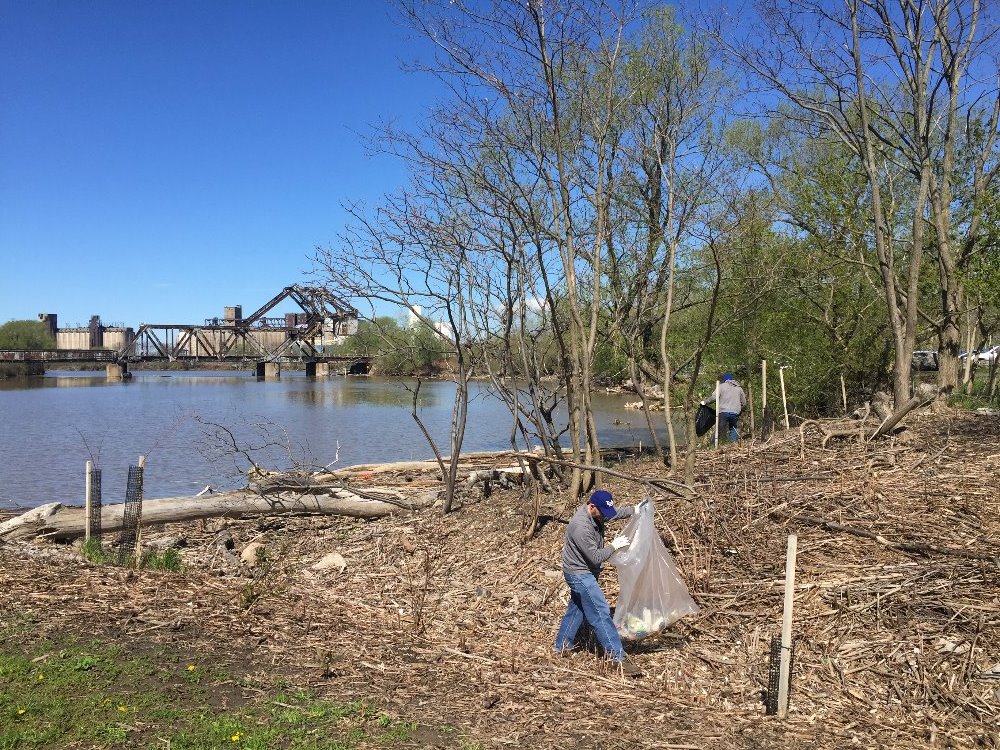
Our water defined our region’s history, and it will define our future. Therefore, it is Buffalo Niagara Waterkeeper’s mission to protect water quality while connecting people to water.
Western New York lies at the heart of the Great Lakes, and is an ideal community to advance a “blue economy”. Our water resources support recreation, eco-tourism, fish and wildlife, manufacturing, waste processing, power generation, trans-shipment, and drinking water.
The Buffalo Niagara region is at a critical moment in time. Our community has become a globally relevant case study by creating economic revitalization through the restoration of the health and integrity of its freshwater system. This model is what Waterkeeper refers to as our “Blue Economy”.
Clean water is a vital asset and one of which the value will increase as global climates change. Buffalo Niagara Waterkeeper has worked for 30 years to restore and revitalize our freshwater. With other partners, it is, therefore, ready to lead the surge into a “blue economy,” based on this invaluable natural asset.
We’ve turned the corner. The massive cleanup of the Buffalo River, once among the most polluted rivers in the country, is now a national success story. Waterkeeper’s vision, restoration efforts, and advocacy have established a foundation for the transformation and economic development now happening along our region’s waterfront.
Waterkeeper contributes to the blue economy we believe will elevate the community’s passion and investment in this region’s most important natural asset, our freshwater. Public support and awareness is a critical component to securing societal investment in solutions for our most pressing problems, including invasive species infestation, climate change, water quality, and public access to healthy, clean water.
Buffalo Niagara Waterkeeper has repeatedly proven itself capable of being an effective advocate for revitalization of this region. Waterkeeper has utilized $7 million in investments from the community to leverage over $250 million in financial commitments for our partners to revitalize and increase access to our waterways. These resources contribute to new jobs and new work for a variety of large and small businesses, community groups and nonprofits throughout the region.
- Buffalo Niagara Waterkeeper was the first nonprofit organization in the country to be given the mandate and authority to coordinate the Buffalo River Remedial Action Plan (RAP). Leveraging a $1.3 million investment by the USEPA, our environmental planners secured $72 million for Buffalo River sediment clean up, habitat restoration, improved public access for recreational activities, and greenway planning for sustainable economic development over ten years. This has opened the door and laid the foundation for the positive revitalization of the Ohio Street Corridor including Canal Side, Riverbend, the Outer Harbor, and Silo City.
- Our urban planners utilized a $60,000 investment from local foundations to develop a “green infrastructure solutions report” addressing the largest ongoing source of pollution in our waterways— untreated sewage and stormwater. This resulted in a commitment from the Buffalo Sewer Authority to partners in green infrastructure solutions, like rain gardens and porous pavement. These solutions not only address the sewer overflow problem but also help revitalize and improve the aesthetics of our local neighborhoods.
- We have brought thousands of people to the water to enjoy it on new bike paths, in kayaks and boats, on guided nature walks to unexpectedly pristine places, and to help us keep the garbage out through spring and fall clean up events.
Because of Waterkeeper’s work, the public can now see and experience the positive change taking place throughout the region, including introducing rain gardens and barrels in urban neighborhoods to curb sewage runoff during storms, building new greenway trails linking Buffalo Niagara watershed, and providing access for tens of thousands of people to bike, hike and kayak, development of new green spaces like Riverfest Park, and revitalizing the inner harbor showcased by Canalside.



